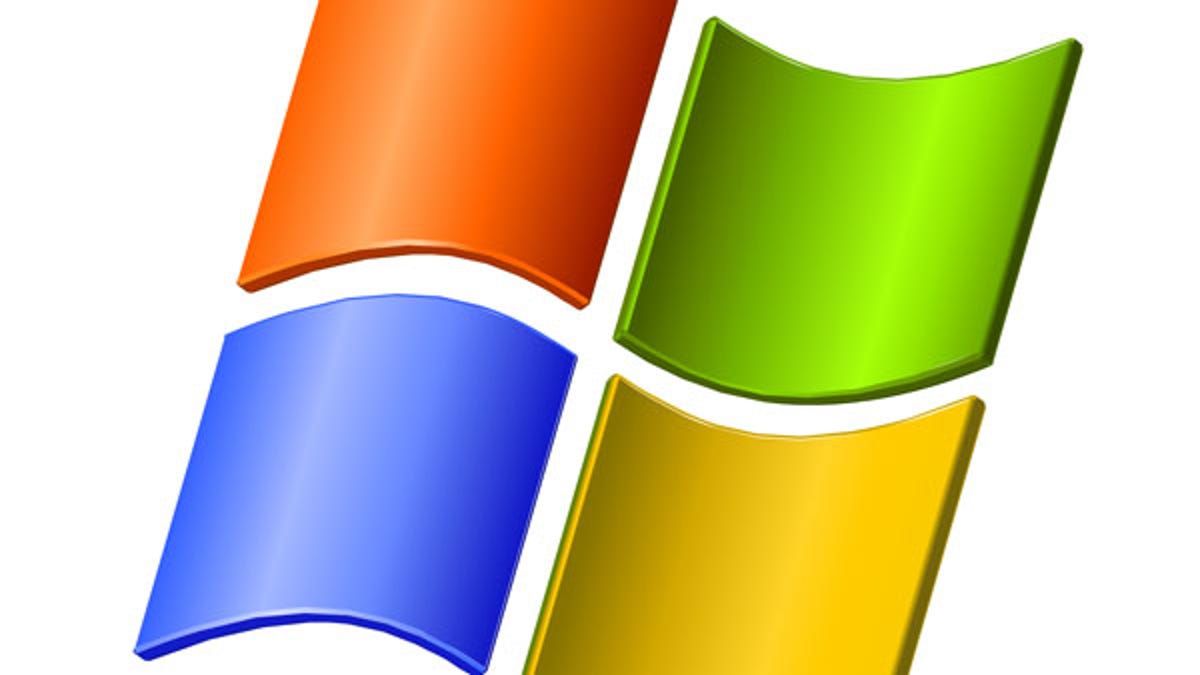Microsoft touts study showing the cost of pirated software
The study claims consumers will spend $25 billion, and waste a collective 1.2 billion hours, fixing problems created by malware on pirated software.

Microsoft's crusade against pirated software was bolstered on Tuesday with the release of a study that found stolen programs are going to cause issues this year for both consumers and enterprise customers.
The study, conducted by research firm IDC and the National University of Singapore, found that consumers worldwide will spend $25 billion and collectively waste 1.2 billion hours this year as the result of downloading pirated software. On the business side, companies will spend $500 billion on fixes in 2014 to issues with pirated software.
Although Microsoft didn't work on the study, it was released as part of the software giant's "Play It Safe" campaign -- an initiative to snuff out software piracy and "create greater awareness of the connection between cybersecurity breaches, malware and piracy." Judging by the study's findings, the company has some work to do.
In addition to discussing the immediate financial impact, the study shows that users have a 33 percent chance of facing malware when they install pirated software. The study also found that the Asia-Pacific region will incur 40 percent of consumer cash losses due to software piracy, due in large part to the sheer number of PCs in that market.
Looking ahead, Microsoft's Associate General Counsel David Finn said the company continue to look for those who are involved in pirating software and stop them.
"Customers are encouraged to visit [Microsoft's Security page] to learn more about malware and ensure their computers are not infected; if malware is present, the site offers tools to remove the infection," Finn wrote on his company's blog. "We will also continue to take action to stop cybercriminals who use malware-infected pirated software to victimize millions of other people around the world, as we did in recent botnet operations like the Nitol and Citadel cases."
(Via BetaNews)

